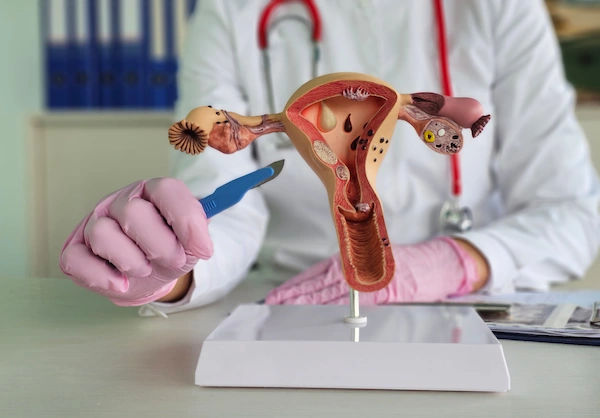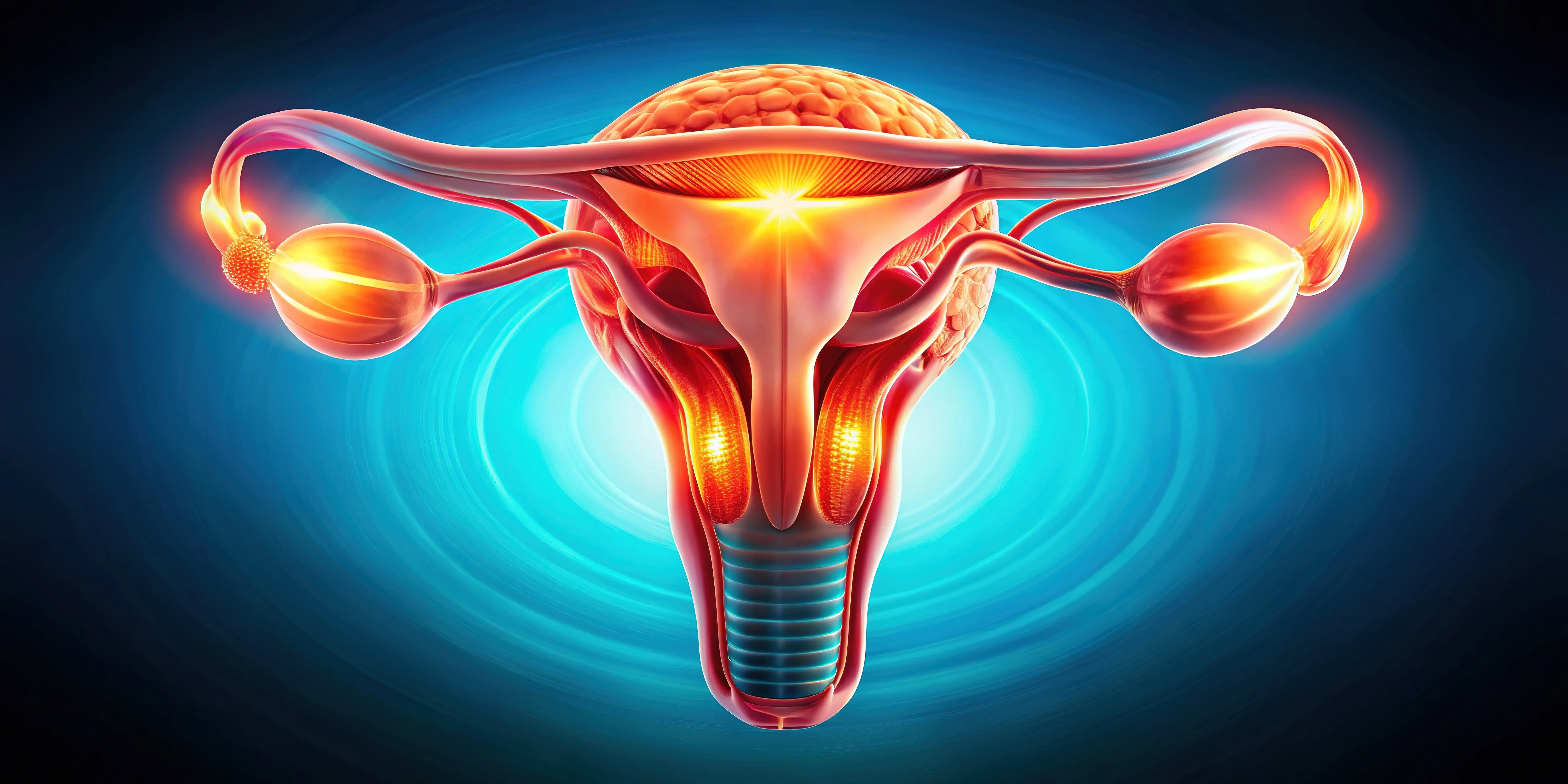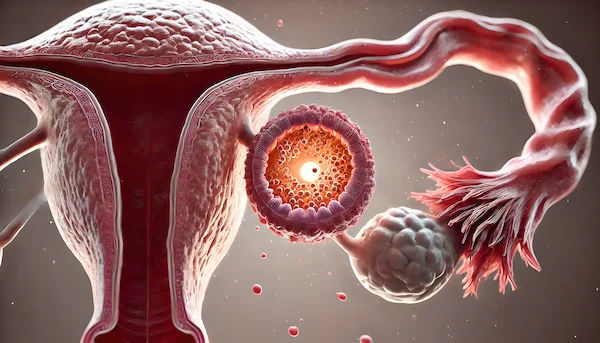Symptoms Of Bladder Injury After Hysterectomy
Worried about bladder injury after hysterectomy? Learn the key symptoms to watch for, including pain, leakage, and urinary changes, to ensure prompt diagnosis and treatment.


Introduction
A hysterectomy (surgical removal of the uterus) is a common procedure that many women undergo for various health reasons. While it is generally safe, like any surgery, there can be complications. One possible but rare complication is a bladder injury, which may occur during the procedure.
If you’ve recently had a hysterectomy, it’s important to be aware of the signs of a bladder injury so you can seek timely medical help. In this article, we’ll discuss the symptoms, causes, and what you should do if you suspect a problem.
What Are the Symptoms of a Bladder Injury After Hysterectomy?
Bladder injuries are uncommon but can happen due to the close proximity of the bladder to the uterus. If you experience any of the following symptoms after your hysterectomy, it could indicate a bladder injury:
1. Pain or Discomfort in the Lower Abdomen or Pelvis
Persistent pain that doesn’t improve with painkillers.
A burning or sharp sensation when urinating.
2. Difficulty Urinating
Feeling like you can’t empty your bladder fully.
Straining to urinate or only passing small amounts.
3. Frequent Urination or Urgency
Needing to urinate more often than usual.
Sudden, strong urges to urinate, even if little comes out.
4. Blood in Urine (Hematuria)
Pink, red, or dark colored urine.
Small blood clots in the urine.
5. Leaking Urine (Incontinence)
Unintentional leakage of urine, especially if this wasn’t an issue before surgery.
6. Fever or Signs of Infection
High temperature, chills, or fatigue.
Foulsmelling or cloudy urine (possible urinary tract infection).
7. Swelling or Tenderness in the Lower Belly
Swelling that doesn’t go down.
Increased pain when pressing on the lower abdomen.
If you notice any of these symptoms, contact your doctor immediately. Early detection and treatment can prevent complications like infections or longterm bladder problems.
Consult Top Nephrologist
Why Does a Bladder Injury Happen After Hysterectomy?
The bladder sits very close to the uterus, and during a hysterectomy, there’s a small risk of accidental damage. Factors that may increase the risk include:
Previous pelvic surgeries (scar tissue can make the procedure more difficult).
Large fibroids or endometriosis (which can distort pelvic anatomy).
Complex surgery (such as a radical hysterectomy for cancer).
Most bladder injuries are minor and are repaired during the surgery itself. However, sometimes symptoms appear later, especially if there was a small tear that wasn’t noticed immediately.
What Should You Do If You Suspect a Bladder Injury?
Things to keep in mind are:
1. Don’t Ignore Symptoms – Even mild discomfort should be checked if it persists.
2. Drink Plenty of Water – Staying hydrated helps flush out bacteria if an infection is present.
3. Avoid Holding Urine – Empty your bladder regularly to reduce pressure.
4. See Your Doctor – They may perform tests like:
Urinalysis (to check for infection or blood).
Ultrasound or CT scan (to see if there’s any leakage or injury).
Cystoscopy (a small camera inserted into the bladder for closer examination).
If a bladder injury is confirmed, treatment may include:
Antibiotics (if an infection is present).
Catheter placement (to allow the bladder to heal).
Surgical repair (if the injury is significant).
How Can You Support Your Recovery?
While most bladder injuries heal with proper care, you can take steps to support your recovery:
Follow Your Doctor’s Advice – Take prescribed medications and attend followup visits.
Stay Hydrated – Drink plenty of water to prevent infections.
Avoid Heavy Lifting – Straining can put pressure on healing tissues.
Practice Pelvic Floor Exercises – Kegel exercises can help strengthen bladder control.
Eat a Balanced Diet – Fiberrich foods prevent constipation, which can worsen bladder pressure.
When to Seek Emergency Care?
Seek immediate medical attention if you experience:
Severe abdominal pain.
Inability to urinate at all.
High fever with chills.
Heavy bleeding or blood clots in urine.
These could indicate a serious complication requiring urgent treatment.
Final Thoughts
Bladder injuries after a hysterectomy are rare but possible. Being aware of the symptoms helps you take quick action if needed. Most cases are treatable, and with proper care, you can recover fully. If you’re experiencing any unusual symptoms after your surgery, don’t hesitate to reach out to your doctor. Early intervention makes a big difference in your recovery. You can consult a specialist through Apollo 24|7 for personalized care and guidance.
Consult Top Nephrologist
Consult Top Nephrologist
Dr Gayatri Pegu
Nephrologist
15 Years • MD (General Medicine) DM(Nephrology)
Guwahati
Apollo Clinic Guwahati, Assam, Guwahati
Dr Ch Sashidhar
Nephrologist
20 Years • MBBS, MD General Medicine, DNB, Nephrology
Secunderabad
Apollo Hospitals Secunderabad, Secunderabad

Dr. Pardha Saradhi
Nephrologist
9 Years • MBBS, MD-DNB (Gen. Med.), DNB (Nephro)
Hyderabad
Apollo Hospitals D R D O kanchanbagh, Hyderabad
(75+ Patients)

Dr Praveen Kumar Etta
Nephrologist
10 Years • MBBS,MD DM(SGPGI) FORMER ASST(PIMS)
Hyderabad
Apollo Spectra Ameerpet, Hyderabad

Dr. Manju Kamal
Nephrologist
12 Years • MBBS,MD(General Medicine), DNB,DM(Nephrology)
Angamaly
Apollo Hospitals Karukutty, Angamaly
Consult Top Nephrologist
Dr Gayatri Pegu
Nephrologist
15 Years • MD (General Medicine) DM(Nephrology)
Guwahati
Apollo Clinic Guwahati, Assam, Guwahati
Dr Ch Sashidhar
Nephrologist
20 Years • MBBS, MD General Medicine, DNB, Nephrology
Secunderabad
Apollo Hospitals Secunderabad, Secunderabad

Dr. Pardha Saradhi
Nephrologist
9 Years • MBBS, MD-DNB (Gen. Med.), DNB (Nephro)
Hyderabad
Apollo Hospitals D R D O kanchanbagh, Hyderabad
(75+ Patients)

Dr Praveen Kumar Etta
Nephrologist
10 Years • MBBS,MD DM(SGPGI) FORMER ASST(PIMS)
Hyderabad
Apollo Spectra Ameerpet, Hyderabad

Dr. Manju Kamal
Nephrologist
12 Years • MBBS,MD(General Medicine), DNB,DM(Nephrology)
Angamaly
Apollo Hospitals Karukutty, Angamaly




